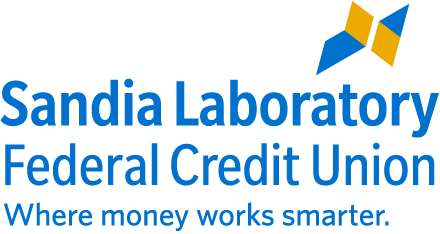Build Your Credit and Future with “Smart” Debt
For many people, bigger purchases in life can require borrowing money – and to qualify, you’ll almost certainly need to have a credit score. One way to build a good credit score is to have some amount of debt on which you make regular, on-time payments. But not all debts are the same, and not all borrowers have the same needs. It’s important to be careful and understand how to use debt to your advantage, rather than letting it take advantage of you.
AVOID DEBTS OF CONVENIENCE AND UNNECESSARY PURCHASES. INSTEAD, FOCUS ON DEBT THAT ADDS VALUE TO YOUR LIFE.
When you take on debt, consider what you’re gaining in exchange. You may get a loan for an item that you intend to use frequently, such as a vehicle, or perhaps you are buying something you think will increase in value, like a home. Or you may be financing something you consider an investment in your future, such as a college education. Managing debt wisely can help you build positive credit history.
- Student Loans – By furthering your education, you could improve your professional image and earning potential. This can be a good reason to take on additional debt, but be careful to consider the costs of a student loan. Will the education you receive prepare you for a job that will earn enough to repay your debt? Be sure to explore other funding options like scholarships and grants before considering a loan.
- Credit Cards – Some people use credit cards because it’s easier than carrying cash, but remember that purchasing with credit is actually borrowing money – you still have to pay for the item, and you will pay interest if you don’t pay off your balance each month. If you use a credit card with the intent to carry a balance, look for a card with a low interest rate. Sensible credit card usage is often the easiest way to build a credit history.
- Auto Loans – Vehicles can enhance your quality of life – for instance, most people need one to get to work. However, cars depreciate in value. To offset this decline, be smart about your purchase. Do your research, shop around, and be sure to take advantage of low-rate financing. Buying used is a great option to consider since used cars tend to depreciate more slowly. Research the types of maintenance needed on different vehicles to get an idea of your future vehicle expenses.
- Savings-Secured Loans – These can be a good alternative for those who wish to build credit or obtain a loan at a low rate. Funds in an SLFCU savings account are held as collateral and released as monthly payments are made toward the loan balance.
- Mortgages – Home ownership may help build wealth in the long run, although it isn’t guaranteed. Many people prefer the chance to build equity rather than paying rent to a landlord. If you are considering financing a home, be sure to buy a house you can afford, including costs for property taxes, insurance, and maintenance.
« Return to "View All Articles"


